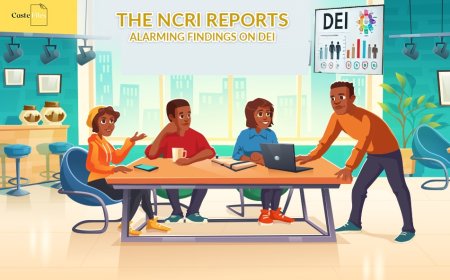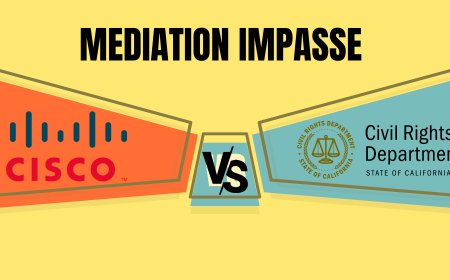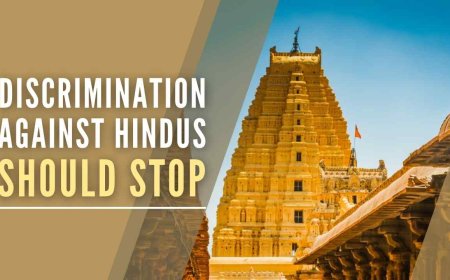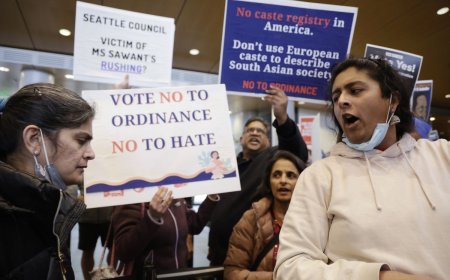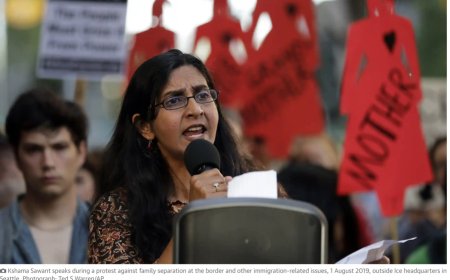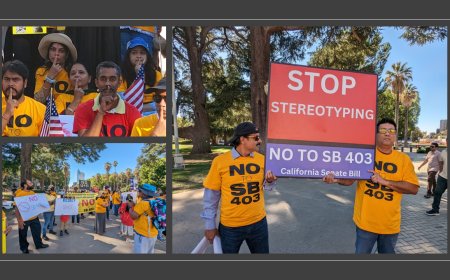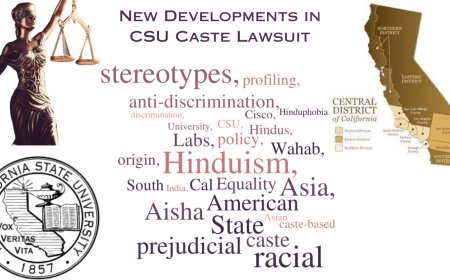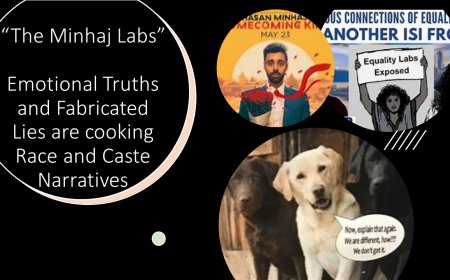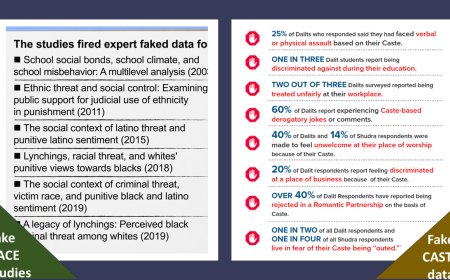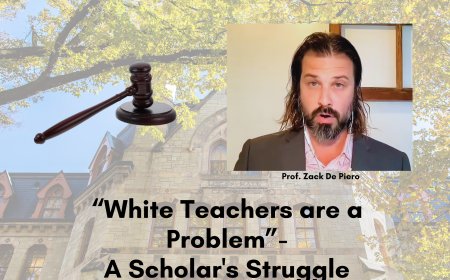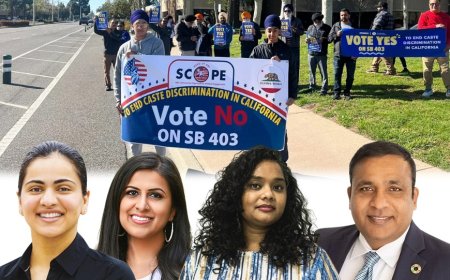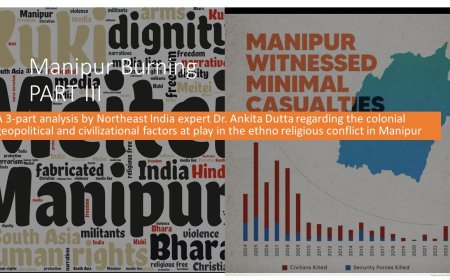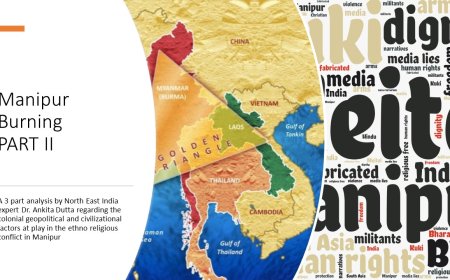By Richa Gautam
Kshama Sawant baits clueless councilors with Caste legislation
Change ‘Caste’ to ‘Class’ or say no to the redundant ordinance says the author Richa Gautam, who has spent the past six years studying the Caste trope in academics, inter-faith dialogue, and field research.
To avoid perpetuating colonial tropes on Indian Americans, Councilors need to spend time on this highly charged legislation, which prima facie if passed, is a violation of constitutional and civil rights, and is inherently discriminatory, resulting in ethnic profiling.
The proposed first-in-the-nation legislation to add caste to Seattle‘s anti-discriminatory policy is foreboding of another train wreck targeting Indian Americans, especially Hindu Americans. Hindu Americans, who represent about 2% of America’s population, have long been held as a model minority community powering American business, space research, and financial sectors. However, as of late, the community has been in the news for the wrong reasons as there has been an unhealthy obsession with multiple news articles on caste and caste oppression.
These articles focus on anecdotal stories of oppression and discrimination faced in India, yet they fail to address how caste discrimination occurs in the United States of America. Stories of vegan or vegetarian upper-caste Hindus feeling superior because they don’t eat meat and excluding meat during their parties are hardly a case to spend tax dollars on a legislation process.
The American legal system already protects against all discrimination even without adding special clauses for Caste. Hence not only is this ordinance redundant, but it also singles out South Asians and is inherently discriminatory, and dangerously encourages ethnic profiling.
Caste: The N word of Hindus
The idea of banning caste discrimination may look like asking for world peace, yet for aware Hindus, ‘Caste’ is equivalent to the N word and triggers the horrors of genocides and cultural destruction by their colonizing masters.
Caste is neither a Hindu nor an English word. It is from Spanish and Portuguese or Iberian origins from the word “Casta” a racial color-coded classification of society based on ‘scientific racism’ now banned by the United Nations. Caste censuses conducted by Hunter and Risley were notoriously unpopular as they placed horizontal Hindu “jaati” clusters into caste hierarchies based on nasal measurements and skin color.
Dalit was a term developed during the late 1800s and 1900s as “the well-to-do Indian middle class” depleted due to the British extraction economy that destroyed indigenous occupations and industries like textiles, shipping, education, and farming. The so-called Dalit class was born of the colonized slavery of over 100 million Indians, extraction economy, debilitating taxes, and man-made famines and has been well recorded by Angus Maddison and Will Durant in their civilizational studies.
Yet, colonial sins have been skillfully transposed onto Brahmins by perpetuating newly constructed terms like Brahminical Patriarchy and Brahminism, a lexicon that is brandished widely by Kshama Sawant without any evidence.
Caste Ordinance: Ending discrimination or perpetuating it on immigrant families
Ending discrimination is a noble endeavor but the proposed caste ordinance in Seattle will perpetrate the exact opposite of what it stands to oppose. It will ethnically profile South Asians, Indian Americans, and specifically Hindu Americans. It is as if we have not learned enough from the Japanese internment camps or trans-generational trauma inflicted on subsequent generations of Native Americans on reservations.
The proposed caste ordinance perpetrates colonial tropes onto hardworking immigrant families that come to the United States hoping to start a new life; many of them struggle as first-generation immigrants. Most of the simple-minded folks are looking to make America their home and build a life without complications and do not engage in political or civic debates. Hence waking up a community and alerting them to the racist and discriminatory nature of this ordinance is difficult.
The Councilors need to listen to opposing voices to understand this complex and nuanced matter. While many universities have passed resolutions adding caste to their policy, not a single case has been filed anywhere; take Brandeis University, for example, which implemented its policy four years ago in 2018.
Furthermore, dubious and shaky foundations of the CISCO caste discrimination case have been exposed by a whistleblower website Castegate[1]. Multiple lawsuits have been filed by the Hindu American Foundation (HAF) to combat the embedding of caste in the policy. Others like the Coalition of Hindus in North America (CoHNA) are fighting the proposed Seattle Ordinance. While some other organizations like HinduACTion and HinduPACT are concerned that none of the Hindu leaders are consulted or given a seat at the table.
As the old adage goes, if you don’t have a seat at the table, chances are you’re on the menu. And chances are, that table is set in woke central, Seattle.
There are so many real-life examples of Hindus who are against this ordinance and who have real-life experience as to why. Mr. Devansh Yadav of Seattle, who is against the ordinance has known himself to be of the backward class in the Indian system of reservations that helps uplift the identified communities and jaatis. Affirmative action in India has helped him in every step and has eventually let him migrate to the USA. “There is no reason for colonial caste conspiracies to come to America,” he says.
Many Dalit voices have spoken against this ordinance deeming it unnecessary because they feel current laws are sufficient in dealing with any discrimination and they do not see any evidence of such discrimination in the United States. Furthermore, the Carnegie Endowment survey of Indian American attitudes also found that caste is irrelevant as an ethnic marker for the diaspora, especially for GenNext[2]. The Councilors need to listen to opposing voices to understand this complex and nuanced matter.
Seattle City Council has a track record of initiating and approving the anti-India and anti-CAA resolutions which were challenged vociferously in Seattle by Indian Americans and even defeated at other city councils.
With caste legislation, the Seattle City Council is treading treacherously close to embedding unconstitutional, unlawful, and discriminatory policy that violates the Civil Rights Act. The best way to avoid this would be to just say no to the law or change “Caste” to “Class” to make the policy applicable to the entire population and avoid confusing colonial tropes.
Note:
1. Text in Blue points to additional data on the topic.
2. The views expressed here are those of the author and do not necessarily represent or reflect the views of PGurus.
Reference:
[1] CASTEGATE – Potential Government Abuse in California – Caste Gate
[2] Social Realities of Indian Americans: Results From the 2020 Indian American Attitudes Survey – Jun 09, 2021, Carnegie Endowment for International Peace
PGurus is now on Telegram. Click here to join our channel and stay updated with all the latest news and views
For all the latest updates, download PGurus App.
Richa Gautam
Richa Gautam is a Senior Research Associate at the Center of Indic Studies at Indus University. Her research focuses on emic and indigenous ethnographic studies and documenting lived experiences of Indian communities like Bheel, Kolis, Suthars and those deemed as Dalit, Adivasis during British rule and Criminal tribes by the heinous Criminal Tribes Act of 1871. Richa has spent the last six years dividing her time between field studies, advocacy efforts and documenting and conducting research for her clients at Sycamore Research. Richa Gautam has published articles under her byline for various newspapers internationally and is a speaker and presenter in media and social media. She actively works in the field of diversity, inclusiveness, and minority rights as well as decolonial practices as Founder and Executive Director at Cares Global.
[NOTE: This article was originally published on PGURUS]




